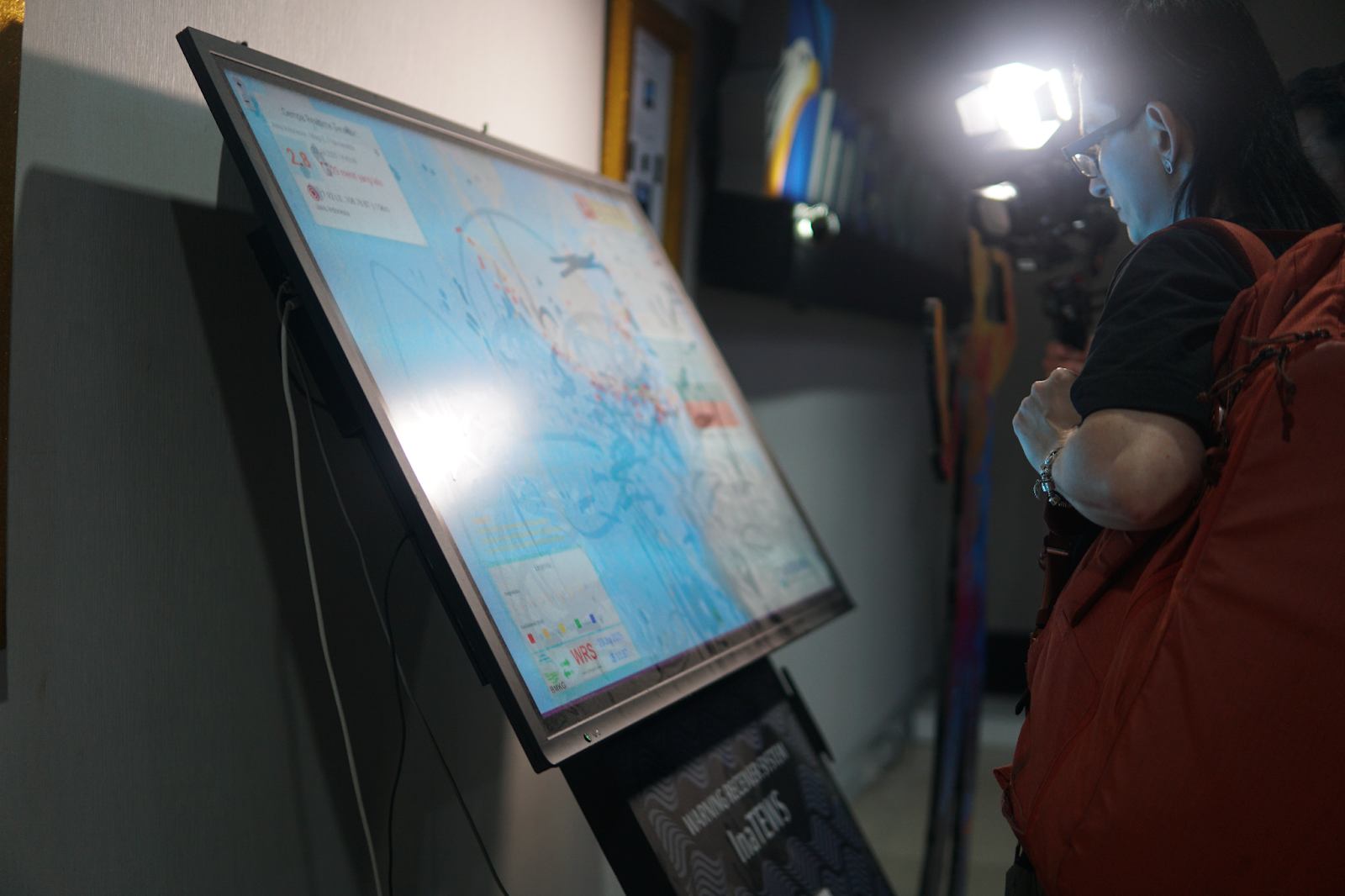The first few minutes behind the wheel after returning to Kyiv filled my heart with anxiety, the reason for which I did not immediately understand: there were too few cars on the road. So few that my subconscious reminded me: the last time there were so few vehicles here was in the first months of the full-scale war. I had to convince myself: no, it's not that we have few cars here, it's that in Jakarta, known worldwide for its unbearable traffic, there were too many.
Our new acquaintances had been urging us to return to various places in recent days. To Bali. To Surabaya. To Bandung. But no one suggested returning to the capital. People either tolerate or hate Jakarta, but they continue to live here because it is difficult to earn more money anywhere else. “Where, in what country, have you seen this? - asks Professor Suzy Sudarman in fluent English - that a teacher with an American degree is paid $500 a month at a university? Her colleagues work for the Chinese, who order analytical articles from them for cash.
Ada gula, ada semut, say the locals — meaning, “where there is sugar, there will always be ants.” Places of opportunity attract those who are willing. The Jakarta metropolitan area is home to as many people as the entire population of Ukraine — thirty-five million. No matter where I wanted to go, it looked like a tiny segment on the map, but in reality, it took at least an hour, if I was very lucky. You quickly get used to the usual Asian exoticism — volunteer assistants who regulate traffic at intersections for a pittance, countless scooters, total disregard for red lights, and therefore crossing five-lane streets “on a whim,” simply stopping cars with a wave of the hand (besides, I also have Indian “training” here). But it is impossible to accept that you will have to spend half a day on the road.
Anton Galushka-Adaykin, an Orientalist and one of the few experts on the Indonesian archipelago, introduces us to another local expression: jam karet, or “rubber time,” which means that everyone is always late, without exception. By an hour. By two. Sometimes by five. This is normal. Here, there are separate lanes for scooters, and it is physically impossible to calculate the route accurately if you cannot walk to your destination. Sidewalks, by the way, are a luxury in some central areas. In all others, city dwellers have learned to coexist with traffic on the same level. And over time, on a completely different one. It is impossible to speed up an Indonesian; you just have to take a deep breath and realize that you are on the other side of the equator. Life here really flows differently. Santai, as the locals call it, meaning calm, with no stress.

Photo: Ardiansyah Arsha
At the local TV station, we see an interactive map of earthquakes in the archipelago. And right next to it is a serious schematic instruction on how to respond to different intensities of tremors. For the locals, two- or three-magnitude tremors are as common as snowfall for us (nobody here can imagine what that is like; they ask: is it like sticking your head in a freezer?). The entire archipelago is located in the Pacific Ring of Fire, where 80% of the world's active volcanoes are concentrated. Living next to a constant, unbridled force of nature instills a certain humility and eliminates unnecessary ambitions. I can still comprehend that. But advertising Kopi Luwak right on the table in the local news is beyond comprehension. Remember our little animal that wraps chocolate in foil? Kopi Luwak is considered an elite coffee, the beans of which have undergone additional processing in the intestines of an animal of the civet family — the luwak. Let's leave the ethics of such treatment of animals outside the scope of this column, but when a presenter talks seriously about the humanitarian crisis in Gaza, with an advertisement for the white coffee excrement of a small animal underneath, I can't believe in Gaza, the presenter, or any quality standards in general. The economic crisis, I am told, has led to mass layoffs. I understand this well, as we are experiencing the same thing in television and other journalism. Therefore, I admit that I am a little apprehensive about publishing this photo. I may be giving someone too good an idea.


Probably few will be surprised after the previous paragraph that it is very difficult to explain to local colleagues why the idea of sending a stringer from Moscow to occupied Donetsk, accompanied by Russian military personnel, and then validating their propaganda by posting material from there on their platform, is a bad one. They talked to us for half an hour about balancing opinions. I asked: what if, say, a foreign (Dutch, why not) journalist went to West New Guinea and reported on how they dream of returning to Dutch rule — would that also be considered balancing opinions here in Jakarta? We were promised that the material from the Moscow stringer would be reviewed for compliance with standards. I have no confirmation that they even did that.
Gasoline here, by the way, is half the price of what it is in Ukraine. But, of course, it is subsidized. When asked why the Indonesian government pretends to take a neutral position between Kyiv and Moscow but consistently favors the Russian point of view, the daughter of the creator of the modern Indonesian language, Tamalia Alishahbana, replies: First, the Russians spend a lot of money on social media. And secondly, they sell cheap oil. Such deals are incompatible with a healthy democracy, but unlike Europe, Indonesia will never refuse Russian oil. Just as they did not refuse submarines from the Soviet Union. “Prabowo wants weapons,” says Professor Sudarman about the current president of Indonesia, shaking her head, “but he doesn't understand the price he is going to pay for them...”